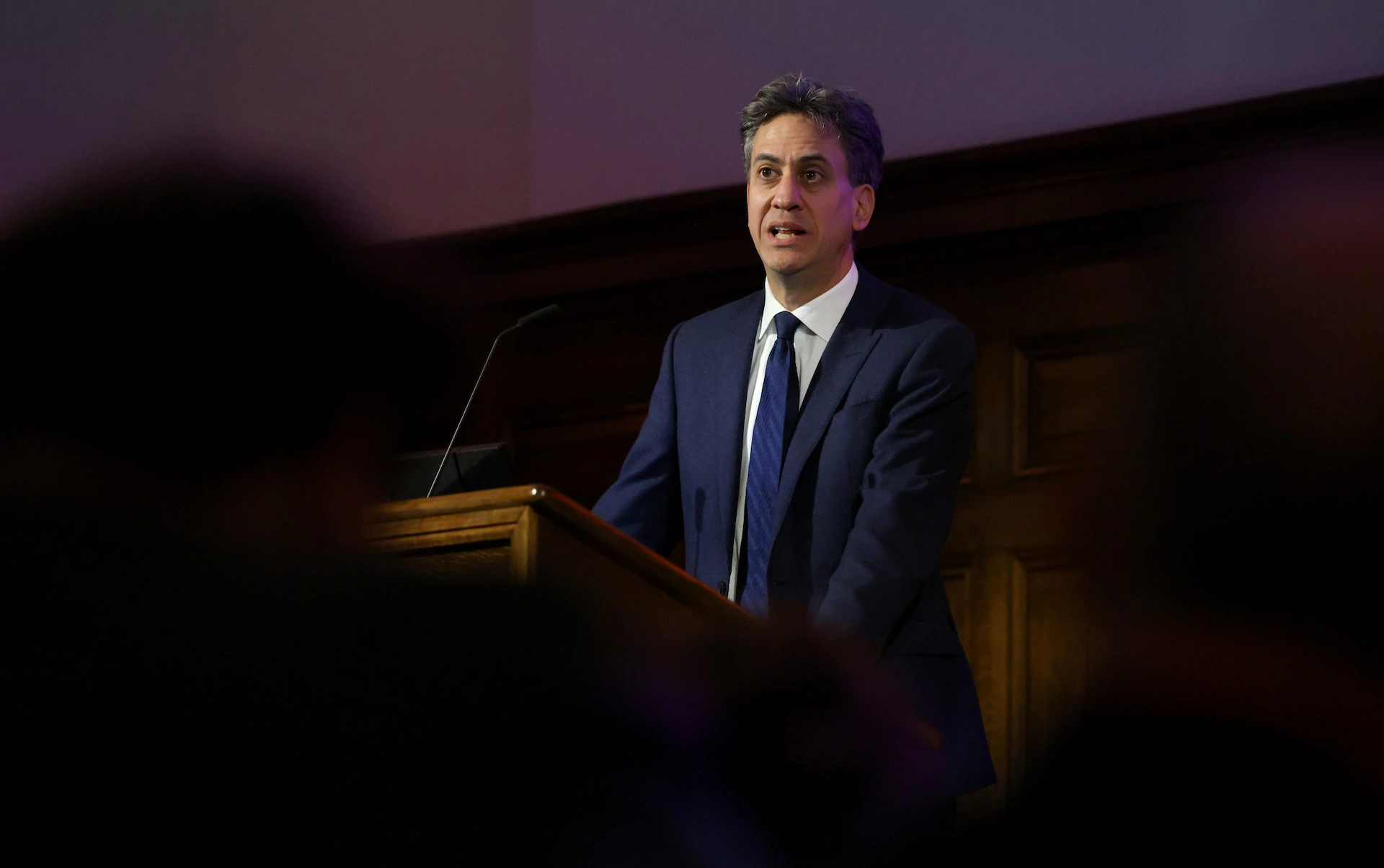World
The UK Faces a Fate Worse Than Blackout

|
Getting your Trinity Audio player ready...
|
The UK faces a fate worse than blackout
Centrica’s stark warning on Friday that Britain’s gas storage is now “concerningly low” came hot on the heels of last week’s desperate plan to keep the lights on, with households paying some of Britain’s oldest power stations £2 million an hour to meet demand.
Last week saw just the coldest January night in Britain for 15 years but was also the first real test for Britain’s new National Energy System Operator (NESO). Could it convince us that it was able to deliver reliable and affordable supplies and was fit for purpose? It failed on both counts. As a result consumers and businesses are now facing huge extra costs which will find their way onto bills in the coming months.
Britain now has the highest industrial energy prices in the world, has fallen out of the world’s top 10 manufacturers, increasingly risks power rationing, and is spending over £3 billion a year to import electricity from Europe. A generation of flawed energy policies have wreaked havoc on consumers and the problem is getting worse, contrary to Ed Miliband’s belief that prioritising wind and solar over new nuclear and gas is the answer.
Britain’s prices are nearly 50 per cent above the International Energy Agency median for industrial electricity and 80 per cent above the median for domestic users. Our businesses pay almost four times as much as Americans for power and our consumers three times. This is hugely concerning when Labour’s net zero plans will see Britain using much more electricity for cars and household heating, irrespective of it being far more expensive than gas.
Following its launch in October, NESO released its Winter Outlook report which forecast peak electricity demand would be 44.4 gigawatts (GW) at any one time. But last week saw demand for electricity close to 50 GW. At this critical time, output from wind turbines had fallen away and there were problems importing power from Europe on which Britain is becoming overdependent.
The crunch forced NESO to pay huge sums to fire up gas fired power stations to cover the gap; at one stage on Wednesday night it was paying one 30 year old power plant £5,500 per megawatt hour for just 400 megawatts (MW) of capacity between 4 and 7pm. This is 50 times the recent market price. Overall the scheme cost £2.3 million per hour.
Britain’s chronic lack of gas storage, at just 12 days, is another failure of national planning. While France enjoys robust storage at 113 days and Germany at 89, the failure to act will now encourage suppliers to charge more when demand spikes on cold days, especially as Britain is one of Europe’s largest per capita users of gas. Why wasn’t storage prioritised, especially after Putin’s invasion of Ukraine?
The failure of this most important national policy represents one of the biggest failings in statecraft since World War Two. The consequences are stark, ranging from the loss of our competitiveness and rising fuel poverty, to the UK becoming dangerously vulnerable to future energy crises. And for what end?
Facts are important. Between 2004 and 2021, before the war in Ukraine, the industrial price of energy in Britain tripled in nominal terms (153 per cent) or doubled relative to consumer prices. Electricity prices have doubled since 2019. This has led to a huge slice of Britain’s manufacturing base already choosing to relocate overseas. Since 2010, over 200,000 manufacturing jobs have been lost; as a share of GDP, manufacturing has halved since the 1990s.
A failing energy policy inflicts huge pain on households, industry and the wider economy. It restricts investment, offshores energy intensive industry, and stunts job creation. We must urgently address and tackle how and why a generation of political leaders and civil servants have failed and continue to do so.







